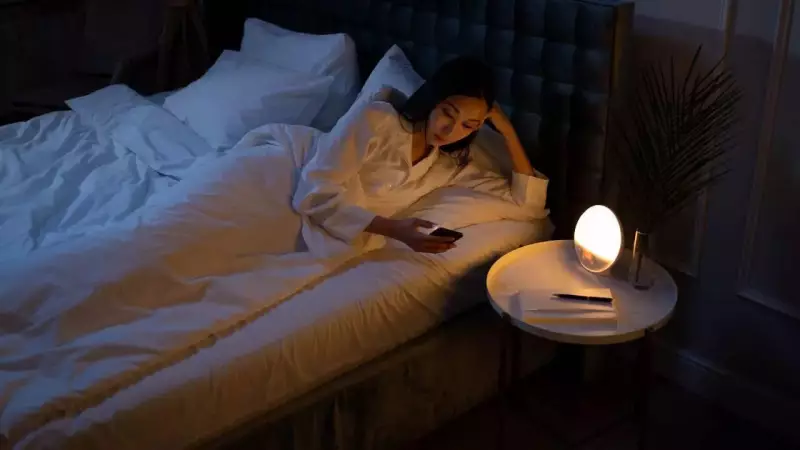
India's Gen Z is facing a silent epidemic that's keeping them awake through the night, and the culprit might be in their hands right now. New research reveals a disturbing connection between social media usage and chronic sleep deprivation among young Indians.
The Sleepless Generation
Across college hostels and young professional apartments, a common scene unfolds nightly: glowing screens illuminating tired faces well past midnight. What was once considered typical teenage rebellion against bedtime has transformed into a serious health crisis affecting millions of young Indians.
How Social Media Hijacks Your Sleep
The relationship between scrolling and sleeplessness is more complex than simple time-wasting. Several factors create this perfect storm of insomnia:
- The Blue Light Effect: Smartphone screens emit blue light that suppresses melatonin production, the hormone responsible for regulating sleep-wake cycles
- Mental Overstimulation: Constant notifications, viral content, and social comparisons keep the brain in a state of high alert
- FOMO (Fear Of Missing Out): The anxiety that something important might happen online keeps young users endlessly refreshing their feeds
- Performance Pressure: Curating perfect online personas creates stress that follows users to bed
The Vicious Cycle of Digital Exhaustion
What begins as casual scrolling often evolves into a self-perpetuating cycle. Poor sleep leads to daytime fatigue, which young people combat with more screen time and caffeine, further disrupting their sleep patterns. This creates a downward spiral that's difficult to escape.
Beyond Tiredness: The Real Health Consequences
The impact extends far beyond dark circles and morning grogginess. Chronic sleep deprivation in young adults is linked to:
- Weakened immune systems and increased illness frequency
- Mental health challenges including anxiety and depression
- Academic and professional performance decline
- Long-term risk of serious conditions like diabetes and heart disease
Breaking the Cycle: Practical Solutions for Better Sleep
Experts recommend several strategies to reclaim restful nights:
- Digital Sunset: Implement a strict no-screens policy at least one hour before bedtime
- Bedroom Sanctuary: Keep phones out of the bedroom and create a sleep-friendly environment
- Mindful Consumption: Be intentional about social media use rather than mindless scrolling
- Alternative Wind-Down: Replace pre-sleep scrolling with reading, meditation, or light stretching
As India's youth navigates an increasingly digital world, the relationship between social media and sleep quality can no longer be ignored. The solution requires both individual action and broader awareness about the importance of digital boundaries for mental and physical wellbeing.






